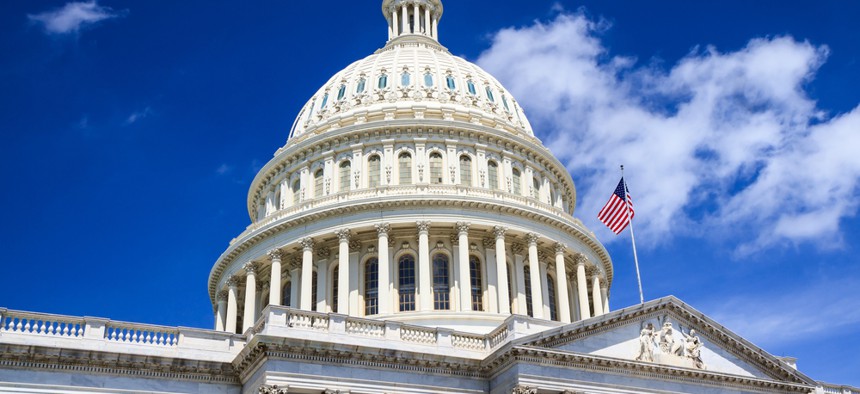"It's not driving an exclusively Republican agenda," Holtz-Eakin said by phone on Thursday. "The key dynamic is getting Senate Democrats on board with legislation."
Because of the GOP's big win on Tuesday, McConnell could have as many as 54 Republicans, if Dan Sullivan holds his lead in Alaska and Bill Cassidy wins a run-off in Louisiana. That would mean he'd need only six Democrats to reach the 60-vote, filibuster-breaking threshold. It's an easy number for McConnell to reach on modest bills like Keystone and, say, repealing the healthcare law's medical device tax. Another potentially fruitful area would be trade deals, where the source of congressional opposition has been in Obama's own party.
The challenge for McConnell and Boehner could come from the right, where conservatives like Senator Ted Cruz and his allies in the House are sure to push the leadership to adopt a more ambitious—and confrontational—agenda. They are unlikely to be satisfied with tweaks to Obamacare instead of repeal, and they have already been calling for Republicans to pile conservative legislation on Obama's desk and force the president to wield his veto pen.
McConnell and Boehner gave nods to more far-reaching goals like scrapping Obamacare and passing overhauls of the tax code and entitlement programs. And on tax reform, at least, the president said yesterday he's interested in discussing a deal that would use revenue from corporate tax changes to pay for new infrastructure spending. But that kind of grand bargain may be too much for a lame-duck president and a mistrustful Republican Congress to pull off. "Tax reform is hard," Holtz-Eakin said, by way of a reminder. "To do something like you have to have an enormous amount of White House leadership."
He'd get no argument from the two Republican leaders on that front. They want to start small, score a few legislative wins, and go from there.







